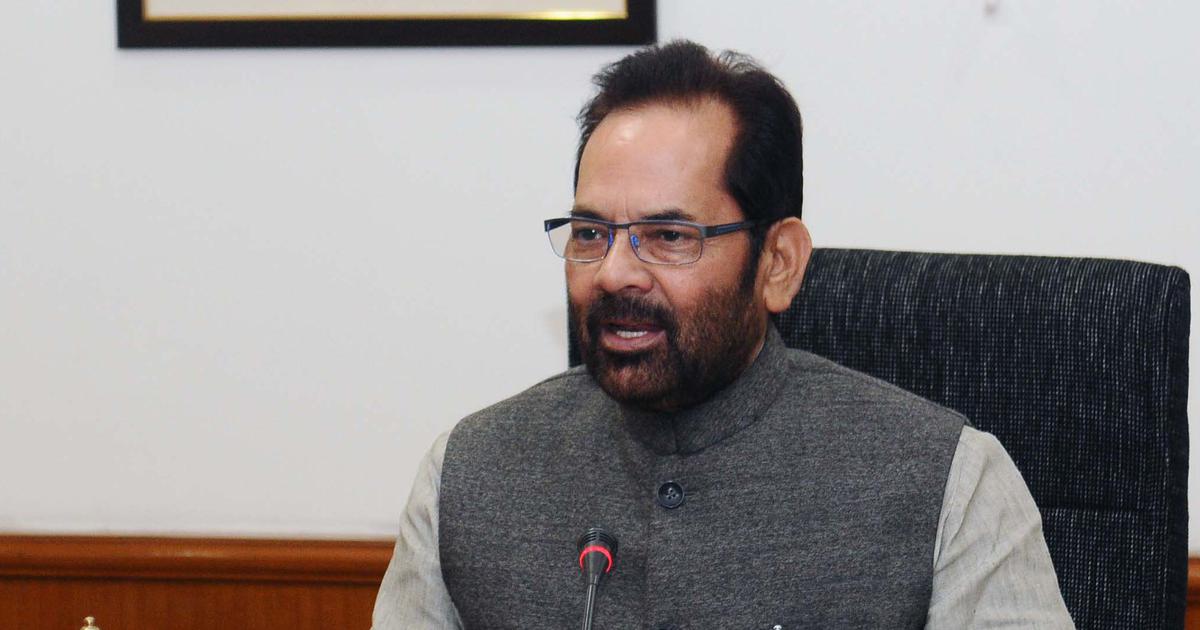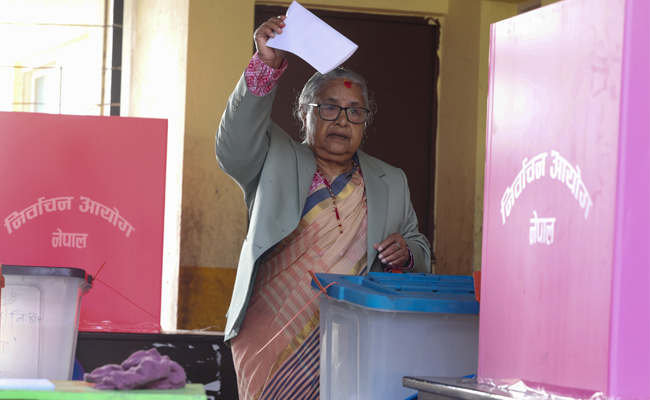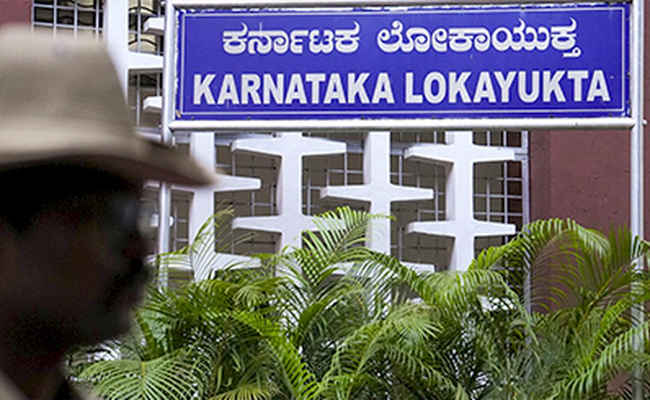New Delhi: The Ram Janmabhoomi, Ayodhya debate once again resurfaced in the national media amidst the Coronavirus pandemic Ram Janmabhoomi Teertha Kshetra Trust invited PM Modi to lay the foundation stone of Ram Temple in Ayodhya on August 3 or 5.
Amidst this, Senior BJP leader Mukhtar Abbas Naqvi, who is also the Union Minister of Minority Affairs in PM Narendra Modi led union cabinet, on Monday quoted one of the poems of prominent Urdu poet Allama Iqbal to term Lord Ram as “Imam-e-Hind” (Meaning: Leader of the country).
Naqvi took to twitter and posted three lines from a poem of Allama Iqbal, titled "Ram", written in praise of Lord Ram. In the poem, the poet has penned lines that glorify Lord Ram adding that his existence has glorified India globally. The poem further calls Ram as “Imam-e-Hind”.
The tweet, within minutes of posting, received a mixed response from the users. While some praised Lord Ram with comments of “Jai Shri Ram” others slammed the minister and called on the government to focus on fighting the COVID-19 pandemic. The users also asserted that the government needs to get their priorities in place and the agenda of development, instead of communal/divisive politics should be on top of the government’s agendas.
मशहूर जिनके दम से है दुनिया में नाम ए हिन्द।
— Mukhtar Abbas Naqvi (@naqvimukhtar) July 20, 2020
है राम के वजूद पे हिन्दोस्ताँ को नाज़।।
अहल ए नज़र समझते हैं इनको इमाम ए हिन्द।।।,??????अल्लामा इक़बाल
Let the Truth be known. If you read VB and like VB, please be a VB Supporter and Help us deliver the Truth to one and all.
Kolkata (PTI): Flight services between Kolkata and Dubai resumed partially on Thursday, after a four-day suspension due to the ongoing conflict in the Middle East, officials said.
A flydubai aircraft from Dubai landed at the Netaji Subhas Chandra Bose International Airport here at 2:40 am with 130 passengers on board, marking the first arrival from the Middle East after services were halted for over 113 hours, they said.
The Boeing 737 Max aircraft was scheduled to arrive at 12:25 am, Kolkata airport officials said.
ALSO READ: Resolution for his removal: Speaker Birla to be present in House but not chair proceedings
The same aircraft departed for Dubai at 3:59 am with 55 passengers, they said.
The last flight to depart for the Middle East from Kolkata before the suspension was an Emirates aircraft to Dubai on February 28, the officials said.
International services between Kolkata and cities such as Dubai, Doha and Abu Dhabi were disrupted, after airlines temporarily suspended operations amid escalating tensions and airspace restrictions in parts of the Middle East, due to the conflict involving the US, Israel and Iran.
There is no clear indication about when all the Middle East routes will fully reopen, they said.





